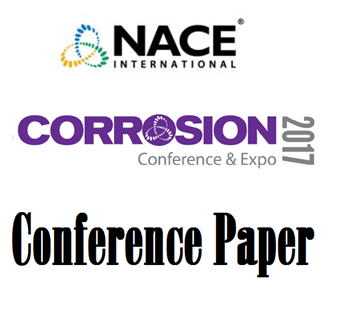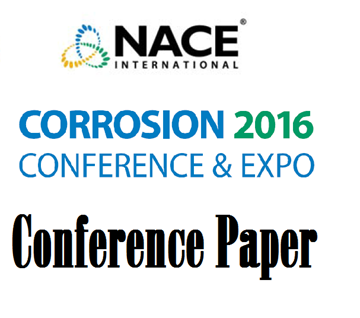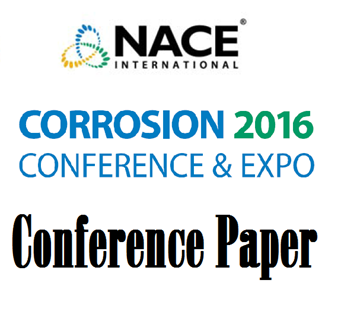Search
51316-7113-Relation Between Localized Corrosion And SCC In Nickel Based Alloys In HP/HT Oil And Gas Environments
Also Purchased
Corrosion of Nickel Alloys in Elevated Temperature Sour Gas Environments
Product Number:
51317--9135-SG
ISBN:
9135 2017 CP
Publication Date:
2017
$20.00
51316-7119-Sour Service Performance of EPR - 110ksi Grade Material
Product Number:
51316-7119-SG
ISBN:
7119 2016 CP
Publication Date:
2016
$20.00
51316-7127-Flow Accelerated Corrosion of Carbon Steel Pipe Carrying Hot Condensate Water in a Chemical Plant
Product Number:
51316-7127-SG
ISBN:
7127 2016 CP
Publication Date:
2016
$20.00




